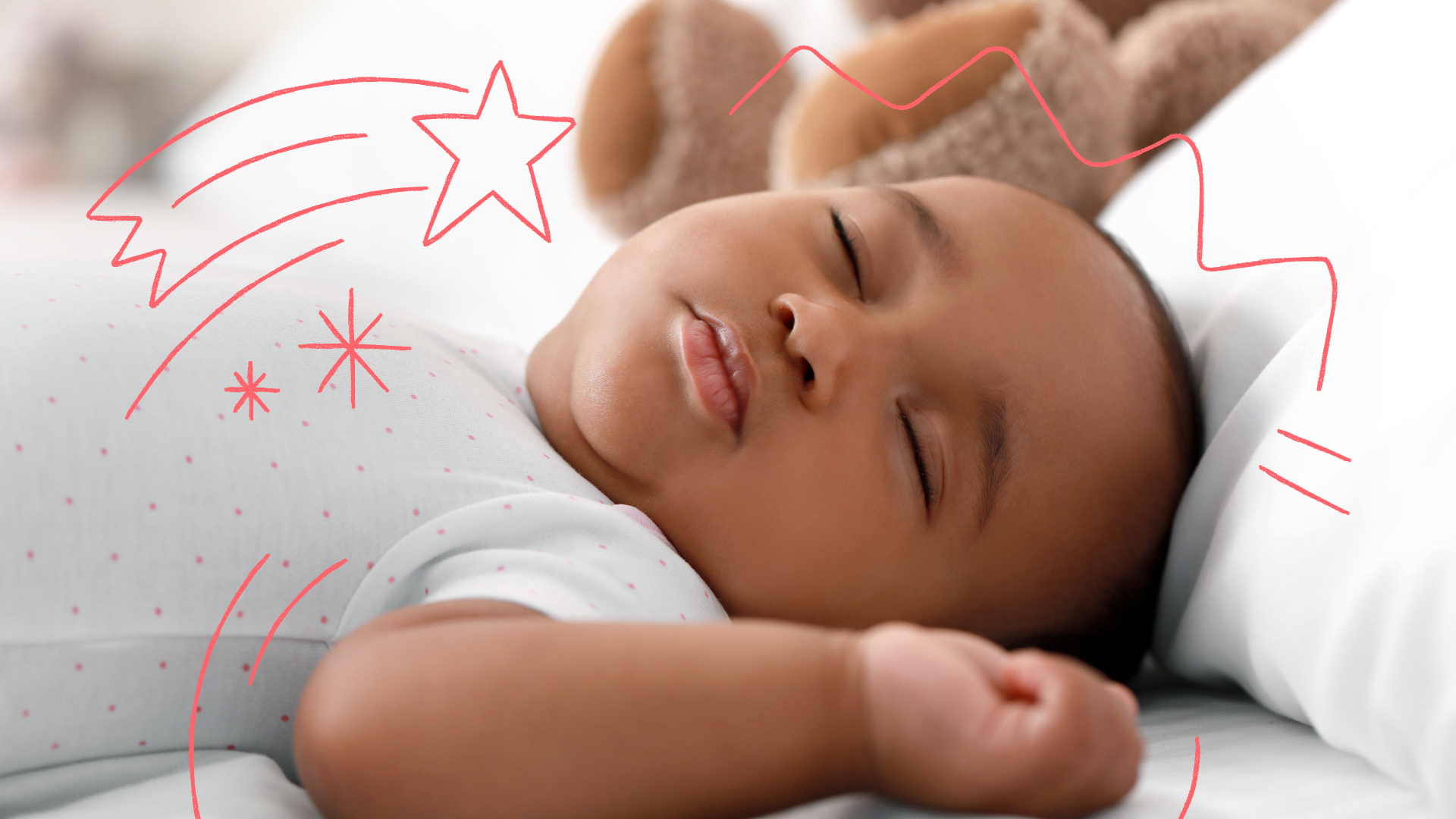
- 4 mins
7 Signs Your Kids Aren’t Getting Enough Sleep

If you read Dr. Matthew Walker’s book Why We Sleep, you will learn that adults in Western society are not sleeping enough and that it’s generally recommended that adults get nine hours of sleep opportunity per night. According to Dr. Walker, this opportunity includes the time one spends in bed with eyes closed before or after sleeping. However, there’s growing concern that too much sleep could be a problem, too.
This 2007 study found that adults who were asleep more than nine hours a night were at greater risk of stroke and early death than those who slept between seven and eight hours. This study of nearly 10,000 British adults also found that those who slept more than eight hours had a significantly higher risk of dying from cardiovascular disease. Further research speculates that excessive sleep may be a symptom rather than the cause of certain ailments.
There are a number of possible explanations for why some individuals may need more sleep than others in their demographic. It could be that people who need more are generally sicker than those who don’t or that being asleep for more than eight hours a night is a sign of an underlying health condition, such as sleep apnea. It could also be that people who sleep a lot do so because they’re suffering from a mental health condition such as depression or anxiety or because they have a problem with substance abuse.
If, after being asleep for more than eight hours a night, you wake up not feeling well rested and refreshed, it’s recommended to talk to your doctor to find out whether there might be an underlying health problem. Also, to improve the quality, the following tips may prove helpful:
Make sure you’re getting enough exercise. Exercise can help to regulate your sleep cycle and can make you feel more alert during the day.
Try to go to bed and get up at the same time each day. A regular schedule can help to ensure that you’re getting the right amount.
Avoid caffeine and alcohol before bed. Both caffeine and alcohol can disrupt your rest and can make it more challenging to get the rest you need.
Ferrie, J. E., Shipley, M. J., Cappuccio, F. P., Brunner, E., Miller, M. A., Kumari, M., & Marmot, M. G. (2007). A prospective study of change in sleep duration: associations with mortality in the Whitehall II cohort. Sleep, 30(12), 1659–1666.